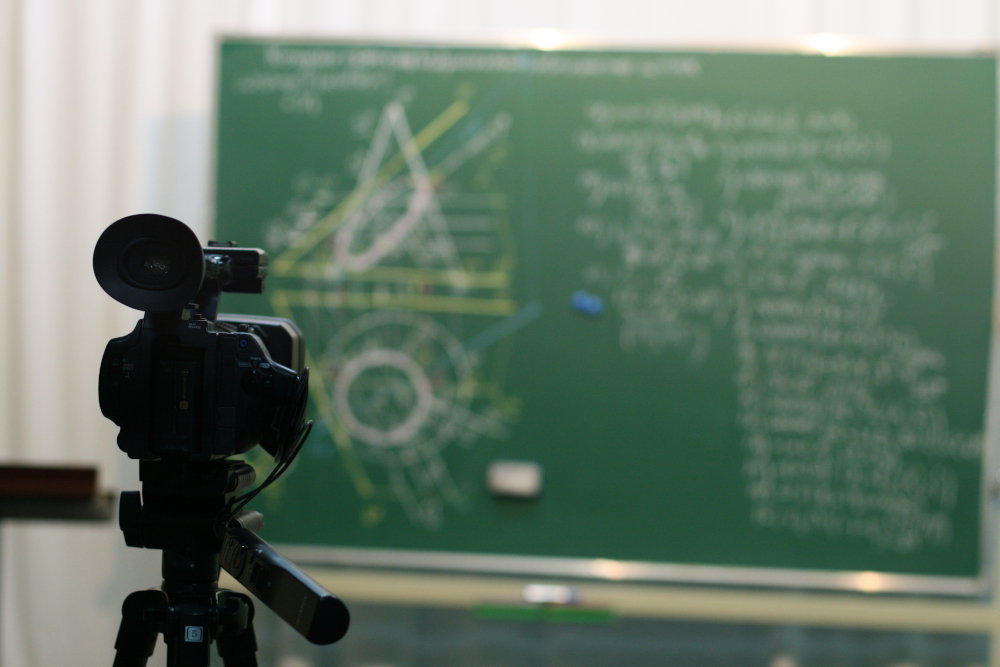Remote teaching
In March 2020, the pandemic forced associate professor Lora Bartlett to shift her Introduction to Educational Issues class of 300 students to online lessons. Despite having taught the course for years, she found the pivot jarring: “I suddenly felt like a novice.”
Knowing that educators nationwide were likely having similar experiences, Bartlett and fellow principal investigators at UC Berkeley and Lewis & Clark College launched the Suddenly Distant Research Project. To better understand how state and local pandemic restrictions challenged teachers and reshaped education, the initiative’s collaborators conducted intensive interviews with 75 K–12 educators in nine states, chosen based on their COVID-19 death rates and strength of their teacher unions.

The group’s first interim report (November 2020) documented teachers’ initial reactions to the emergency situation in the spring; the second (January 2021), their experiences in the fall as pandemic restrictions continued. One notable finding was how public treatment of teachers changed over that time. “In the spring, teachers felt celebrated as heroes,” Bartlett said. “In the fall, they felt vilified as obstacles to schools reopening.”
The results also showed a groundswell in organizing by teachers. In response to this push to consider their voices, which Bartlett said will “no doubt” continue, states with strong teachers’ unions, like California, have already negotiated protections to support educators.
*— *

